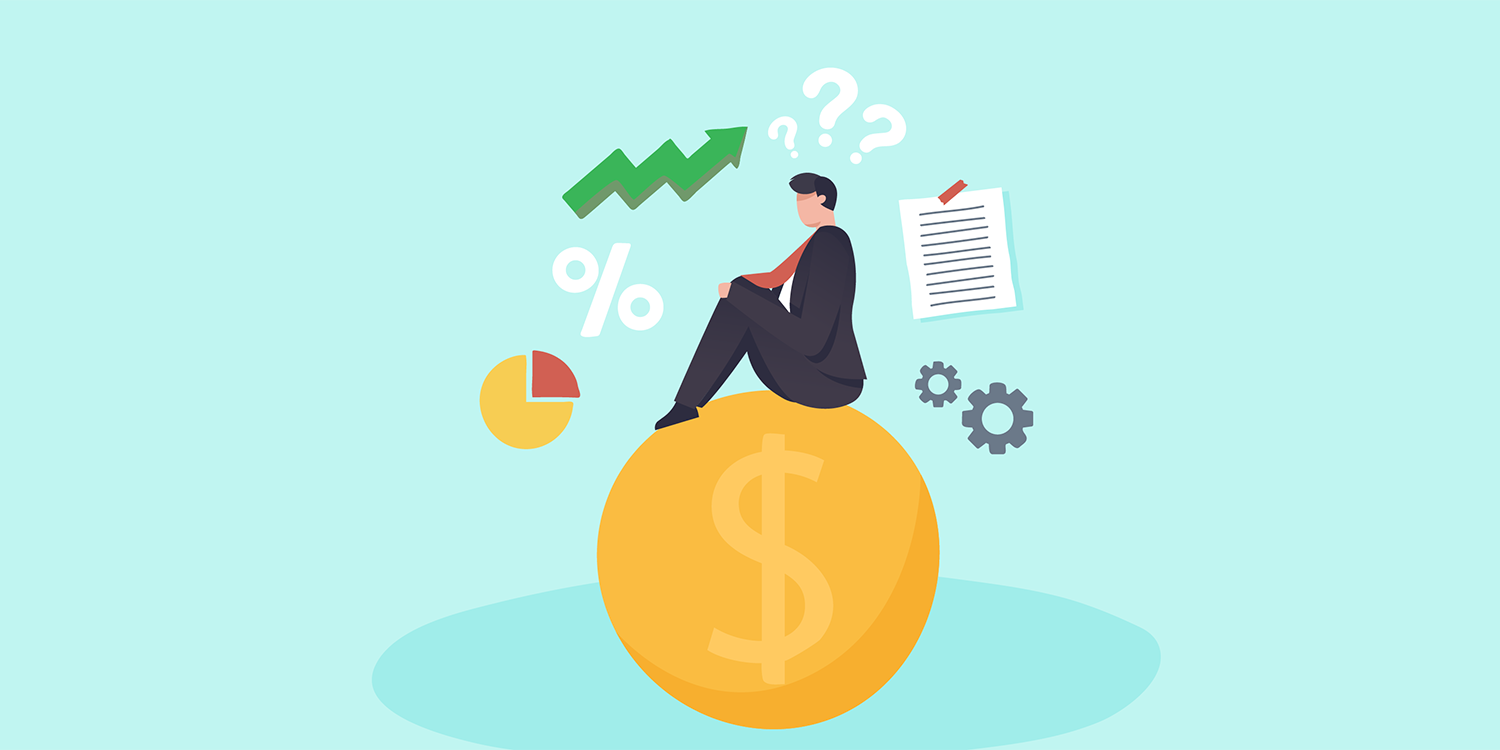It’s no secret that credit card debt is on the rise here in the United States. Between the toll caused by the pandemic and the rising costs of living, U.S. credit card debt is estimated at $357 billion at the moment, with an average of $6,000 per household.
If you’re feeling stressed out about your debt, you are in good company. At Trajan Wealth, we are here to talk you through a few basics to help you pay down debt. Taking action – even a first step – will help you get ahead financially this year.
How to Get Rid of Credit Card Debt
Following these recommendations will help you start down the road towards a clean financial slate. Remember, it’s all about tackling debt one step at a time.
Tackle Higher Interest Debt More Aggressively
Not all debt has equal ramifications. Sit down and look through all of your credit card debt side-by-side. Which category has the highest interest rate? While paying attention to all of your debt each month is essential, allocate any leftover money towards the debt that’s accruing the most interest. Once that’s paid off, move on to the second-highest interest rate and so on.
Create Your Budget
Budgets don’t have to feel limiting; in fact, they can provide you with a sense of freedom. Once you know how much money you have coming in and going out each month, you can make a strategic plan.
Whether you choose to track your income and expenses in a spreadsheet or a good old-fashioned notebook, you’ll feel better once you know exactly how much you’re working with.
Spend Less, Make More
Within your budget, track your necessary expenses as well as non-essential items. Are there places you can cut? Perhaps for the next six months, you decide to eat out less or cancel that streaming service you barely use. These minor changes can make a big difference to your financial stability. You can always readjust these priorities once you’re debt-free.
Simultaneously, look closely at your income. Can you advocate for a raise at your job? Is there a secondary job you can do to bring in extra income? Think about how to balance your influx of cash to pay down debt faster.
Schedule an Appointment with a Financial Advisor
Getting started can feel overwhelming, especially if you have quite a bit of debt to pay off. Remember, you don’t have to go through this alone. A trusted financial advisor helps you create a blueprint tailored to your circumstances and goals.
The most important thing is to stick with whatever plan you create. You don’t want to get behind on paying this debt down because it’ll start to grow again. Prioritize your financial well-being and commit to those monthly payments.
Want to schedule an appointment with the experts at Trajan Wealth? Contact us, and we’ll help you get started!
Let’s Pay Down Debt Together
This year, take control of your finances, including your credit card debt. And buff up on your financial knowledge by following our blog for advice, recommendations, and updates from Trajan Wealth. Your future self – and your bank accounts – will thank you.




